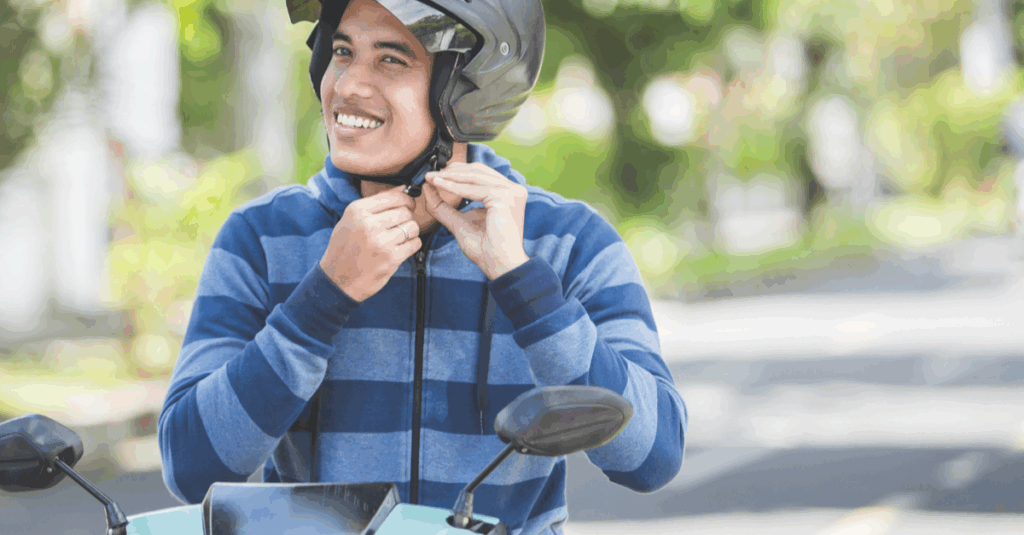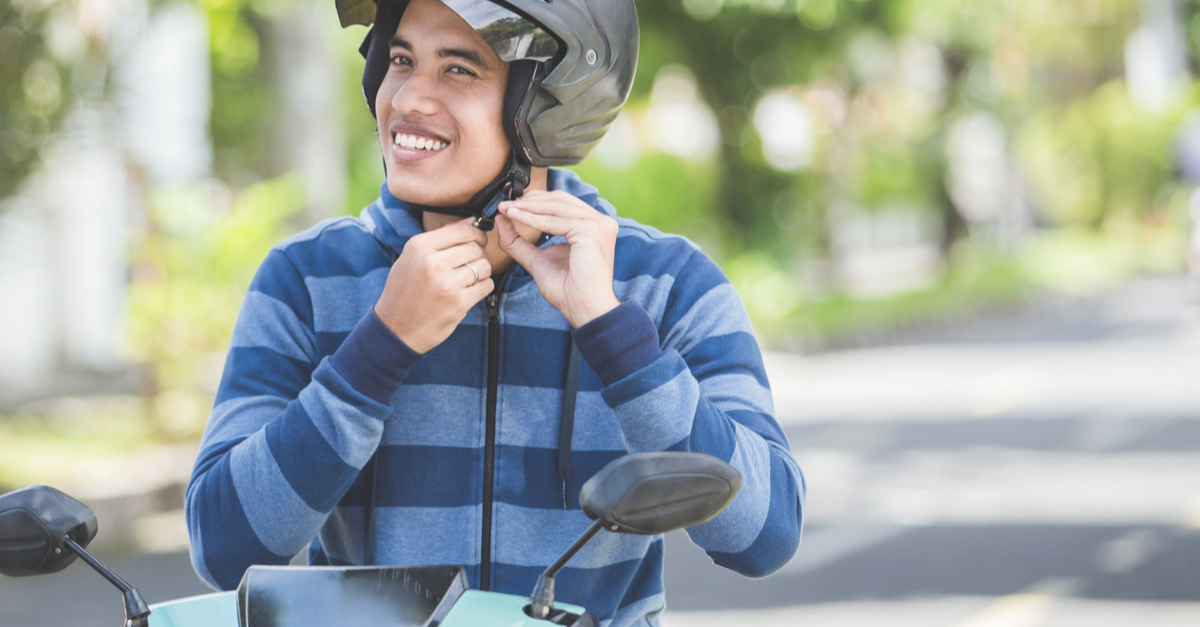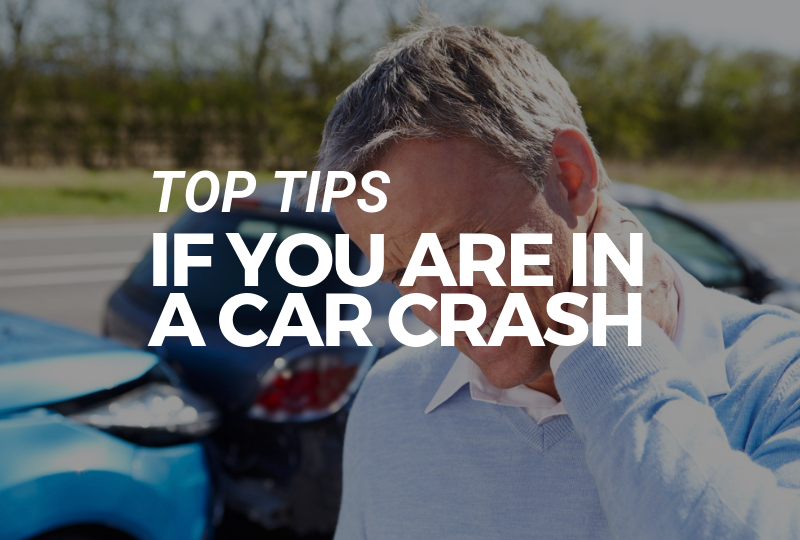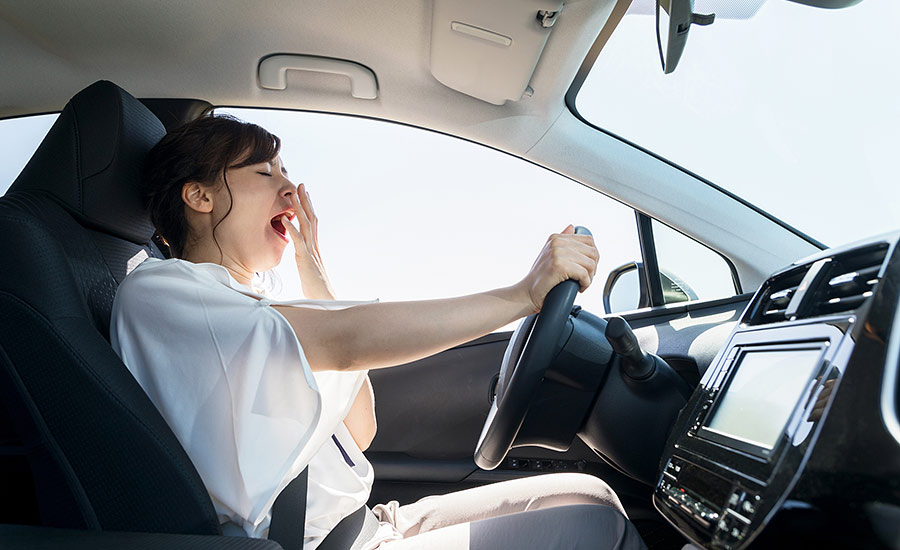Motorcycle Accidents: Motorcycle Helmet Safety

Motorcycle riding and motorcycle racing are activities that provide excitement and joy to riders all over the United States and the rest of the world. Motorcycle riding is particularly popular in Georgia, where temperatures are temperate enough to ride motorcycles nearly all year long. While motorcycle riding is a popular, enjoyable activity, it can also be dangerous as motorcycle accidents can occur.
The most effective measure against motorcycle related fatalities is wearing a helmet. According to the National Highway Traffic Safety Administration (NHTSA), helmets saved approximately 1600 lives in 2011, but approximately 700 more could have been saved if motorcyclists had been wearing helmets. Nearly half of all motorcycle fatalities could be prevented by wearing a helmet.
Here are some motorcycle helmet safety tips to keep in mind when purchasing a helmet-
Every helmet needs a DOT seal of approval. If your helmet does not have a DOT seal of approval sticker on it, it may not be of the best quality. Make sure every helmet you buy comes with a DOT seal of approval sticker for maximum effectiveness.
Your helmet should fit snugly. If you can easily lift your helmet off from the back of your head, its probably not a proper fit. You should be able to feel padding at the front and top of your head at minimum. A full face or open face helmet will give you additional padding on the cheeks and chin.
Helmets come in three styles- full coverage, open face, and shorty. A full coverage helmet will give you maximum protection.
Motorcycle accidents injure and kill many people each year. By following the aforementioned motorcycle helmet safety tips, hopefully you can prevent future injuries or deaths. If you or a loved one has been in a motorcycle related accident, contact Woodstock personal injury lawyer Kyle Koester today at (770) 744-5250.




